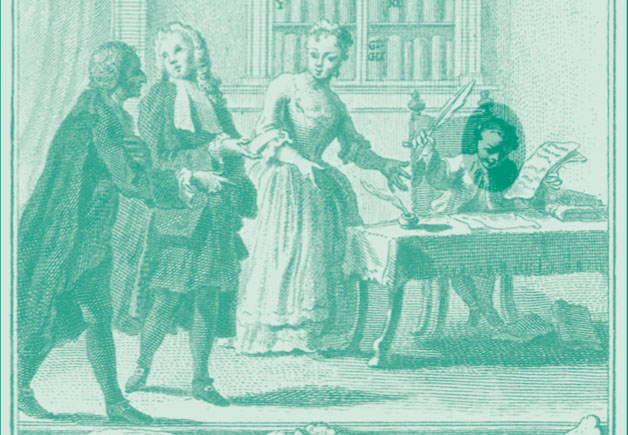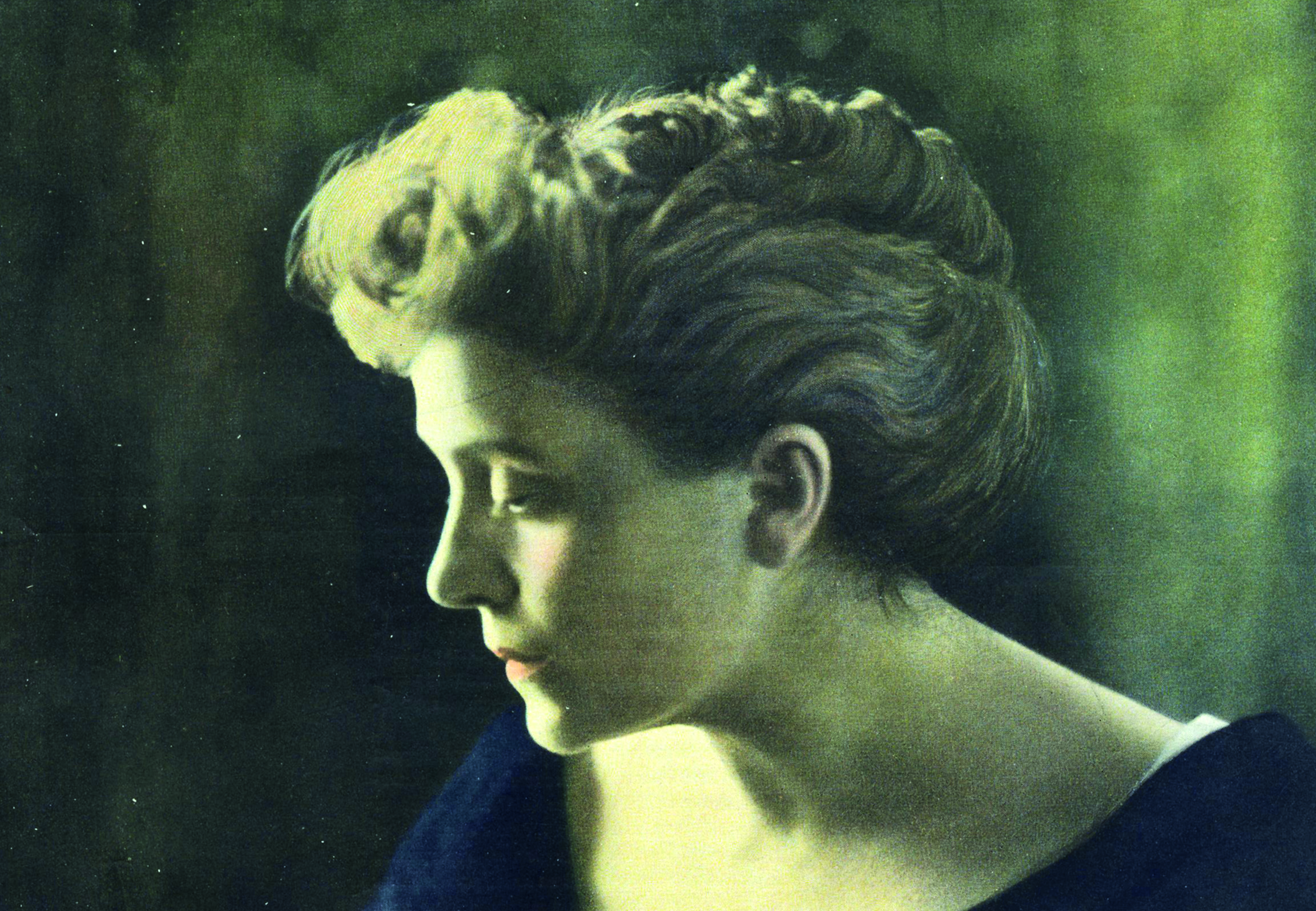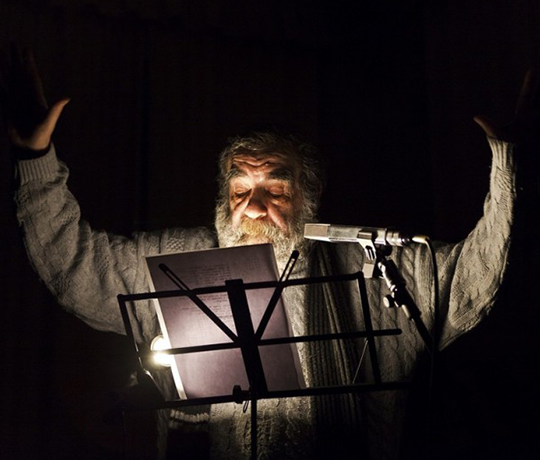
The Institute of Theatre and Opera, in collaboration with the Doctoral School in History of the Arts at Ca’ Foscari University in Venice, is promoting a study day dedicated to the Sicilian playwright, director and actor Franco Scaldati. The meeting, which will bring together leading scholars of contemporary theatre, will constitute an opportunity to present the public with the first two volumes of the new critical edition of Franco Scaldati’s works, edited by Valentina Valentini and Viviana Raciti and published by Marsilio.
This series of publications is based on texts conserved in the playwright’s rich archive, donated by the artist’s children to the Institute for Theatre and Melodrama in 2020 and on which the documents kept within it have been reorganised and digitised.
On the occasion of this meeting, excerpts from Scaldati’s texts will be read by Melino Imparato, a historical member of the Compagnia Franco Scaldati.
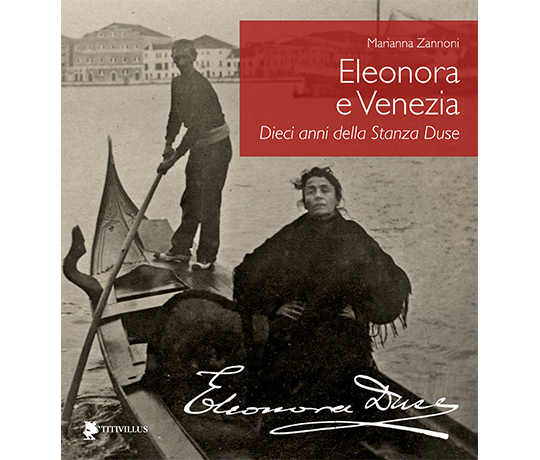
The Eleonora Duse Room is a space permanently dedicated to the memory of the great Italian actress, whose documentary archive is housed at the Institute of Theatre and Opera. Inspired by the model of museum houses, the Room was created in 2011 with the intention of making the extraordinary story of Eleonora Duse and her theatre better known. The ‘Stanza della conservazione’ thus became a living and visitable place, within which – in keeping with the notion of the ‘open archive’ – to promote a diverse range of thematic exhibitions and cultural initiatives.
Today, some ten years later, the Institute wishes to celebrate the history of this place by promoting a temporary exhibition on the relationship between Eleonora Duse and the city of Venice, recalling the activities promoted in the context of this Room over time. The catalogue, published with the contribution of the Veneto Region, thus contains both an in-depth study of the actress’s bond with the Lagoon and a reminder of all the main initiatives staged by the Institute over the years, including exhibitions, meetings, conferences, readings and performances. The many events organised are retraced through a wide-ranging gallery of images, graphics and photographs.
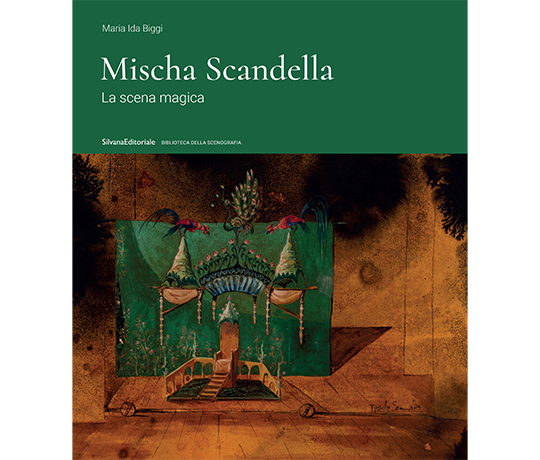
Maria Ida Biggi’s publication, entitled: La scena magica di Mischa Scandella, published as part of the activities of the Comitato nazionale per le celebrazioni del centenario della nascita di Mischa Scandella (‘National Committee for the Celebration of the Centenary of Mischa Scandella’s Birth’) (1921–2021), traces the scenographer’s artistic career.
Mario – known as ‘Mischa’ – Scandella (Venice, 1921 – Rome, 1983) was a Venetian set and costume designer of great talent and sensitivity. His artistic production, now collected in its entirety and presented to the public for the first time in this monograph, contributed to renewing the Italian stage of the second half of the twentieth century with his extravagant and daring contributions.
Trained in the cultural fervour of a post-war Venice, Scandella made his debut in the milieu of the university theatres of Venice and Padua, and soon afterwards came to the fore on a national level. Over the course of his long career, he worked alongside the great names of Italian theatre, including Gianfranco de Bosio, Anton Giulio Bragaglia, Vittorio Gassman, Giovanni Poli, Guido Salvini and Giorgio Strehler. Thanks to the generosity of his son Giovanni, Mischa Scandella’s personal archive is now housed at the Institute of Theatre and Opera of the Fondazione Giorgio Cini in Venice, which has been working on the history of the performing arts and that of set design for many years.
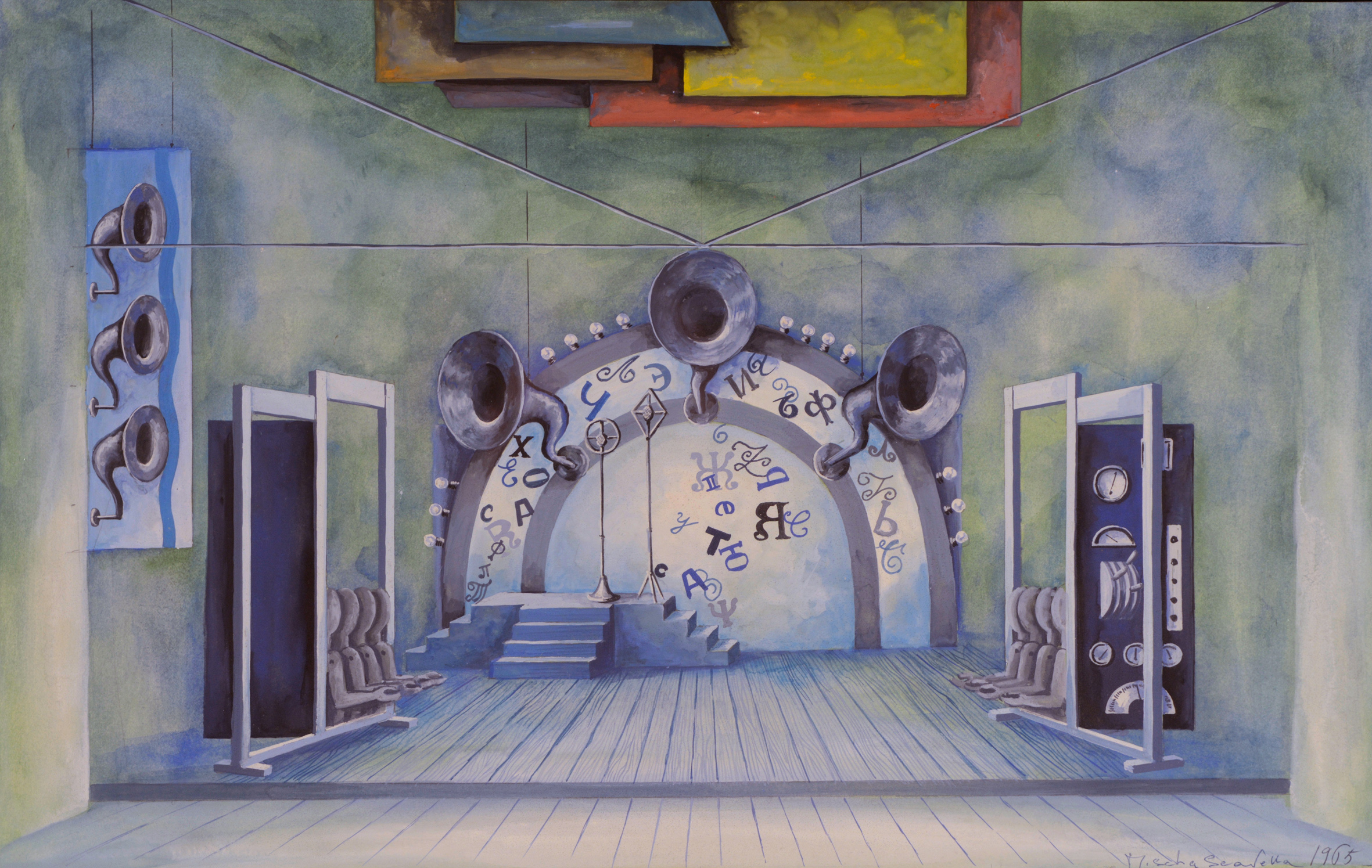
In the final year of the National Committee for the celebrations of the centenary of Mischa Scandella’s birth (1921–2021), the Institute of Theatre and Opera, as its promoting body, proposes an exhibition itinerary along which to retrace the Venetian set designer’s artistic career, showing the public the beauty and extraordinary wealth of the artist’s personal archive, donated to the Institute by his son Giovanni.
The exhibition, curated by Maria Ida Biggi, Nicola Bruschi and Lorenzo Cutuli, will be housed in the Magazzino del Sale No. 3 at the Academy of Fine Arts of Venice, and will allow the public to get closer to the work of Mischa Scandella, who – having trained in the cultural fervour of post-war Venice – made his debut in the world of university theatres in Venice and Padua, before going on to establish himself on a national level. Over the course of his long career, Scandella worked alongside the great names in Italian theatre, including Gianfranco de Bosio, Anton Giulio Bragaglia, Vittorio Gassman, Giovanni Poli, Guido Salvini and Giorgio Strehler.
This major initiative follows the publication of the book name by Maria Ida Biggi, La scena magica di Mischa Scandella, published by Silvana editoriale, Milan 2022.
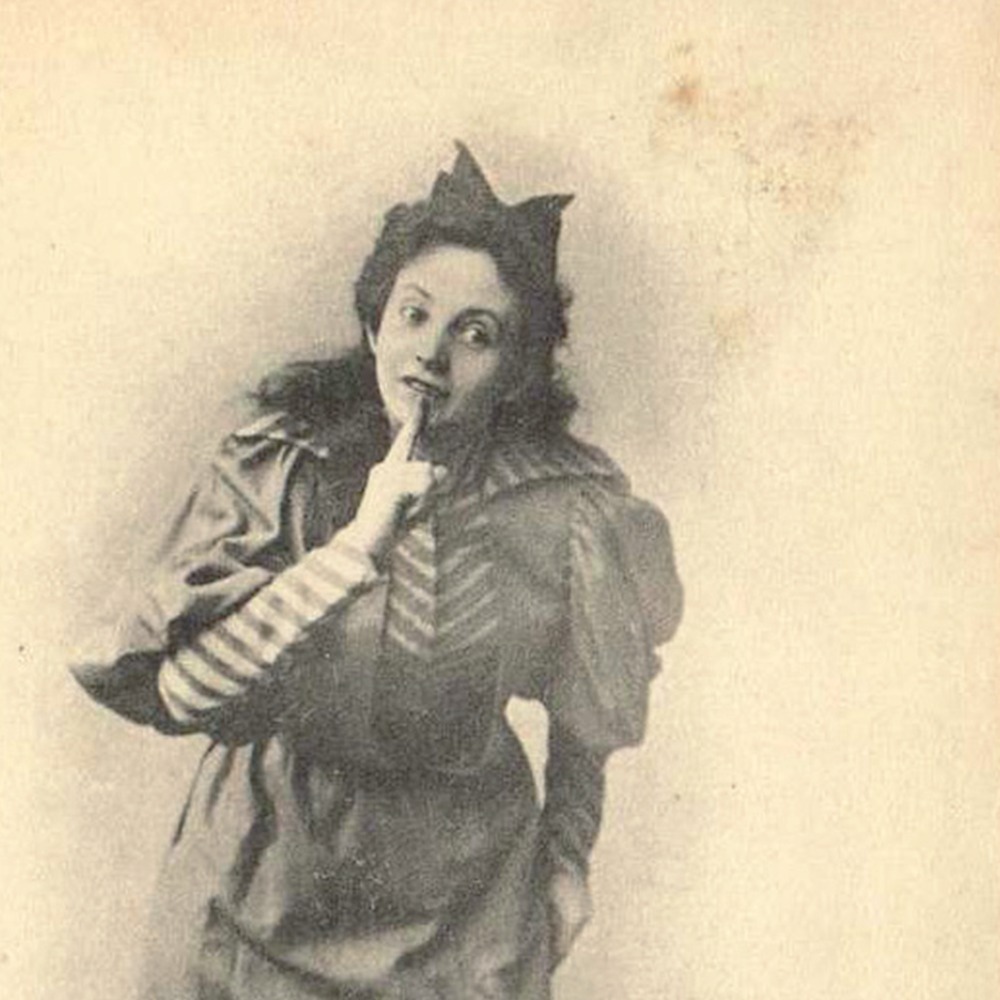
The Institute of Theatre and Opera hosts two meetings in the cycle Stories of Creative Women in the Twentieth Century from Russia to Europe organised by Ca’ Foscari University in collaboration with the LEI (Leadership, Energy, Entrepreneurship) project. The initiative, divided into nine thematic encounters, is dedicated to an in-depth biographical and artistic investigation of emblematic female characters from the twentieth century. Retracing their narratives will allow us to reflect on the overcoming of both identitary and national boundaries.
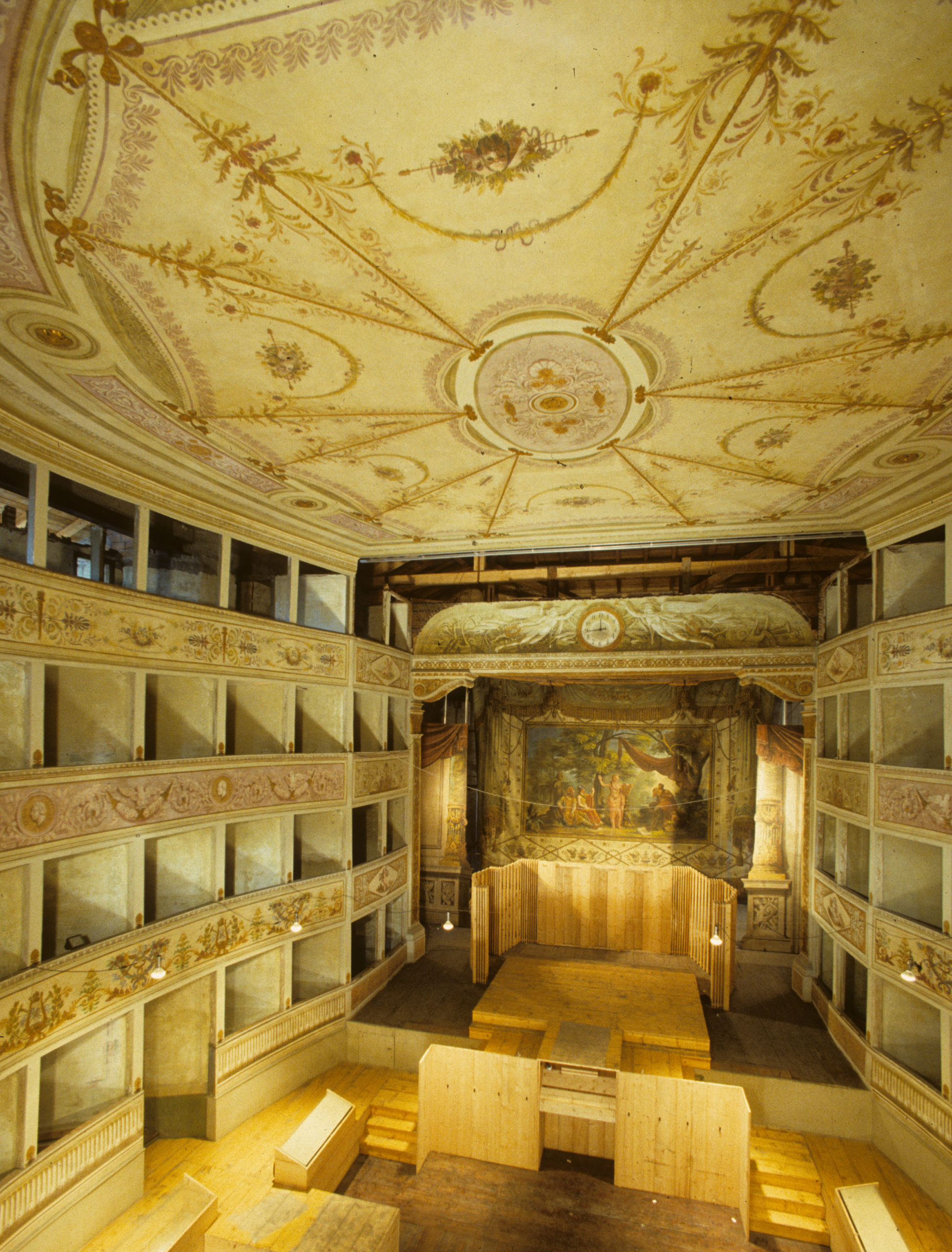
The Institute of Theatre and Opera, in collaboration with the University of Applied Sciences in Bern and Lausanne, is holding an international conference on the themes of architecture and stage space and design for minor theatres in Italy and Europe between 1750 and 1850. The event is part of Raphael Bortolotti’s PhD project: “Italian Stage Design in the 19th Century” and is the second conference, following one held in October 2021 in Feltre, entitled “Practices of Provincial Theatres in the Risorgimento: Management, Stage, Music, Audience and Repertoire”.
During the transdisciplinary conference, scholars from various fields will explore not only theatrical space and stage design in minor and provincial theatres but also treatises in this architectural field, which at the time was so important that it generated a conspicuous production of essays, scholarly treatises and theoretical projects, as well as numerous competitions related to the theme and the built results.
In addition, again in an interdisciplinary approach, the history of individual theatres will be analysed through in-depth studies and their socio-historical role in the 18th and 19th centuries reassessed. The advisory committee is composed of Maria Ida Biggi (Fondazione Giorgio Cini Institute of Theatre and Opera; Ca’ Foscari University, Venice), Raphael Bortolotti and Annette Kappeler (University of Applied Sciences, Bern).
Download the program
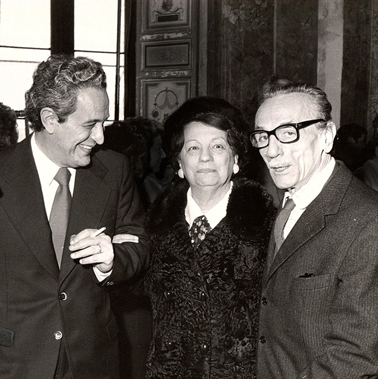
With this event the Fondazione Giorgio Cini secretary general and the Institute of Theatre and Opera wish to commemorate Gianfranco Folena, director of the Institute of Literature Music and Theatre from 1959 to 1992, on the thirtieth anniversary of his death. Organised in conjunction with the Gianfranco Folena National Committee, the study day will revisit the many innovative proposals put forward by Folena during his long directorship, when he made the Institute a cultural hothouse for research and discussion among the leading intellectuals of the day. The aim of the event is to highlight Folena’s wide-ranging cultural production, which, with its innovative and pioneering proposals on the Italian cultural scene, contributed to creating new areas of research in fields such as musicology, where he promoted libretto studies. Moreover, the creation of new content and the dissemination of the results led to innovative areas of research that later provided the guidelines for the Institute’s academic inquiries.
The participants include Daniela Goldin Folena (University of Padua), Gianfranco’s son Pietro Folena, Piero Del Negro (University of Padua), and Maria Ida Biggi (Ca’ Foscari University, Venice and director of the Institute of Theatre and Opera).
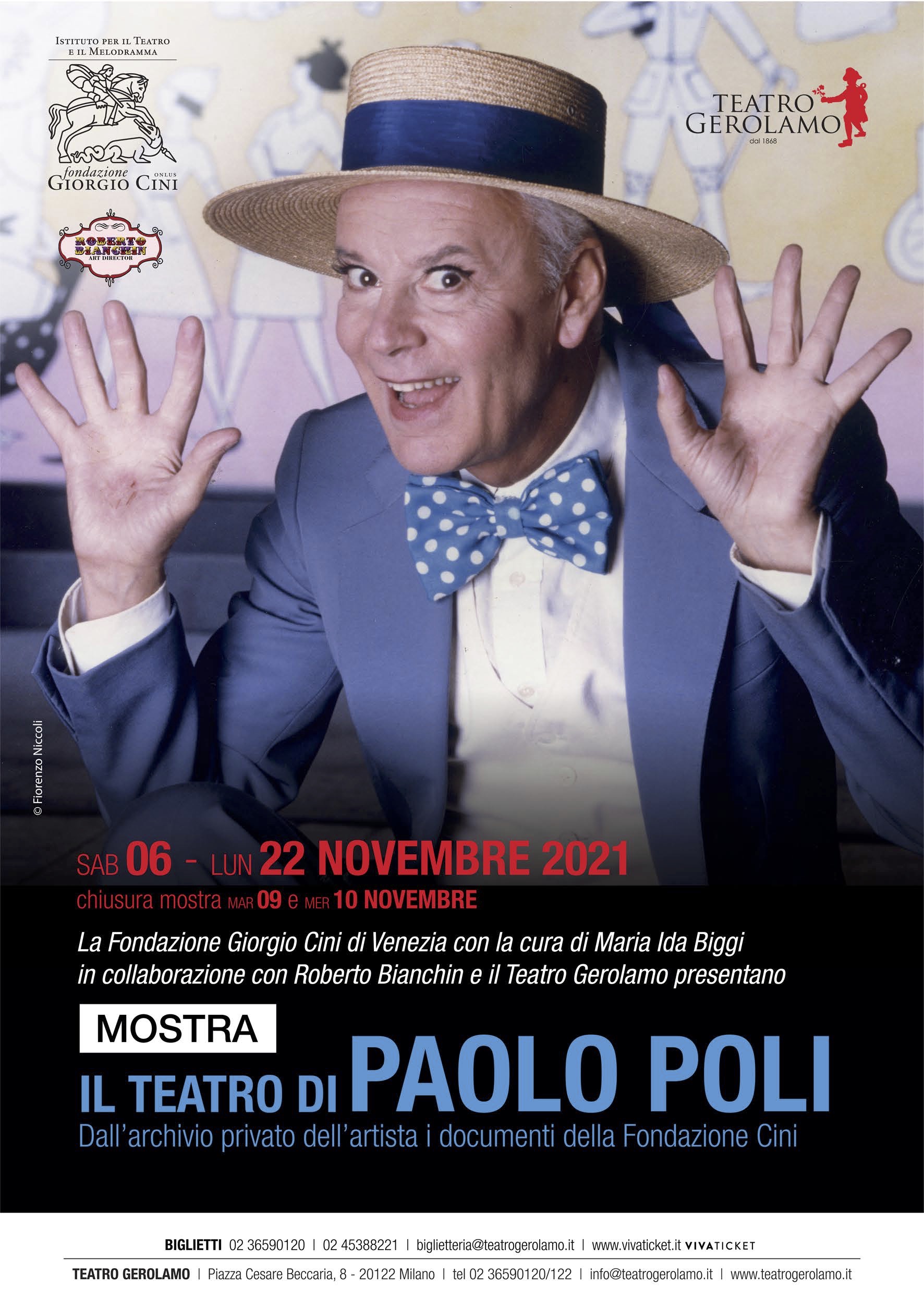
Paolo Poli returns to the Teatro Gerolamo, Milan, sixty years after his debut. But this time in the form of an exhibition of images and materials from his personal archives, now in the Fondazione Giorgio Cini Institute for Theatre and Opera. Entitled, The theatre of Paolo Poli: from the actor’s personal archive to the documents in the Fondazione Giorgio Cini, the exhibition will mark the sixtieth anniversary of his debut as the lead actor and director of Il Novellino, staged in late 1960 in the Milanese theatre in Piazza Beccaria.
7 – 22 November 2021
Milan, Teatro San Gerolamo







